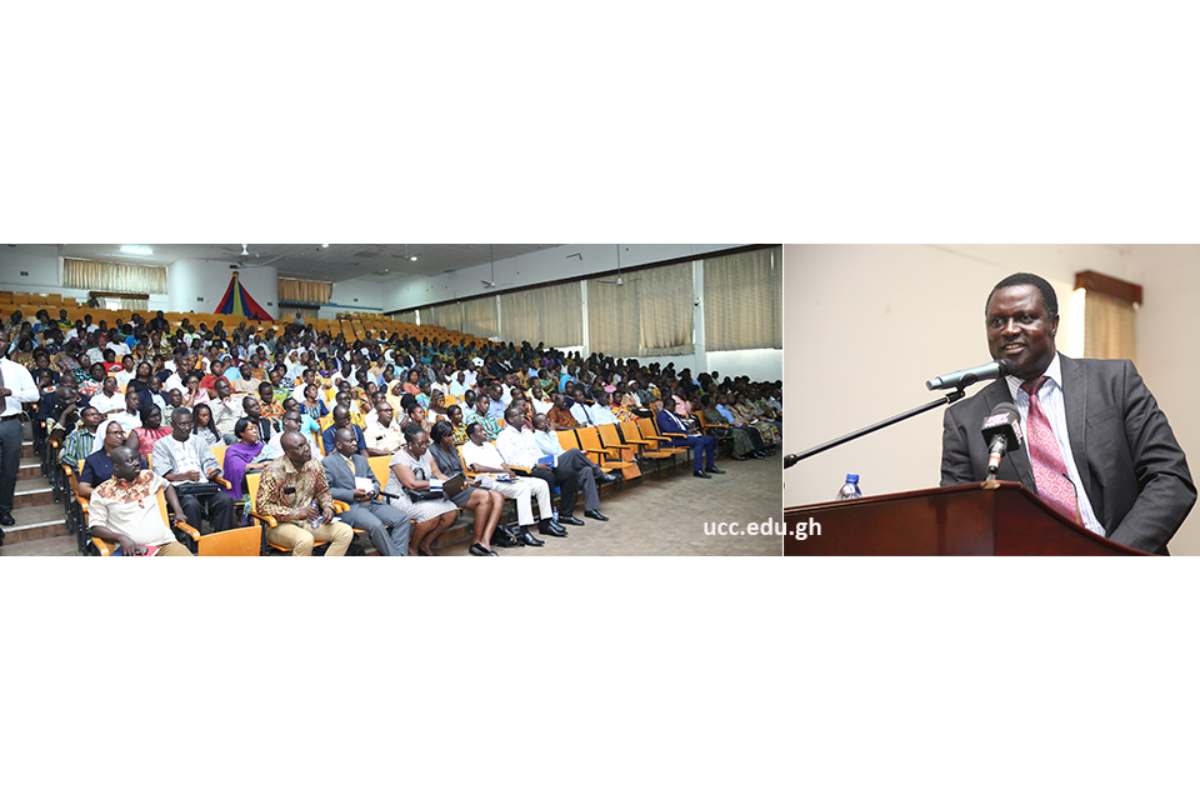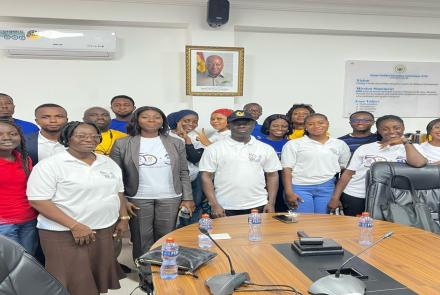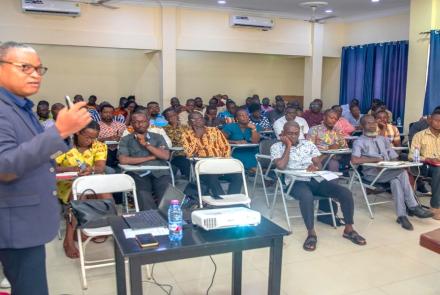Your Decision Should Be Data Driven - Education Administrators told
The Deputy Minister of Education in charge of Basic and Secondary Education, Hon. Dr. Yaw Osei Adutwum, has called on educational administrators to make decisions that are data driven to promote academic excellence.
Dr. Adutwum underscored the need for educational administrators to make use of technology to collect data and analyse them to make informed decisions concerning their schools.
He expressed worry about the rising rate at which some heads of educational institutions were not abreast of the statistical performances of their schools to make cogent decisions.
The Deputy Minister was speaking at a colloquium organised by the Institute for Educational Planning and Administration (IEPA) on the theme: “21st Century Skills for Educational Administrators.”
Dr. Adutwum admitted that there were a number of pressing challenges confronting most schools in the country. He pointed out that some of the challenges include inability of majority of senior high school graduates to gain admission to University due to mass failure in the West African Senior High School Certificate Examination (WASSCE); limited technology uses in schools and classrooms among others.
The Minister said despite these challenges, his Ministry had begun a school transformation effort focused on improving learning outcomes of students. “Amongst these are teacher education reform and the extension of the length of training to four years, curriculum reform at all levels and the introduction of national assessment,” he noted.
Another intervention he mentioned was that the Ministry was instituting a school leadership development programme as a collaboration between Varkey Foundation and Institute for Educational Planning and Administration (IEPA) to train and develop school administrators. “Our currents efforts underscore the importance of the need to equip school administrators with 21st century skills,” he continued.
He explained strategic leadership, instructional leader, leading institutional culture, leading people and developing people as well as exceptional managerial leadership skills as five key pillars which must be leveraged in an effort to ensure improved student outcomes.







